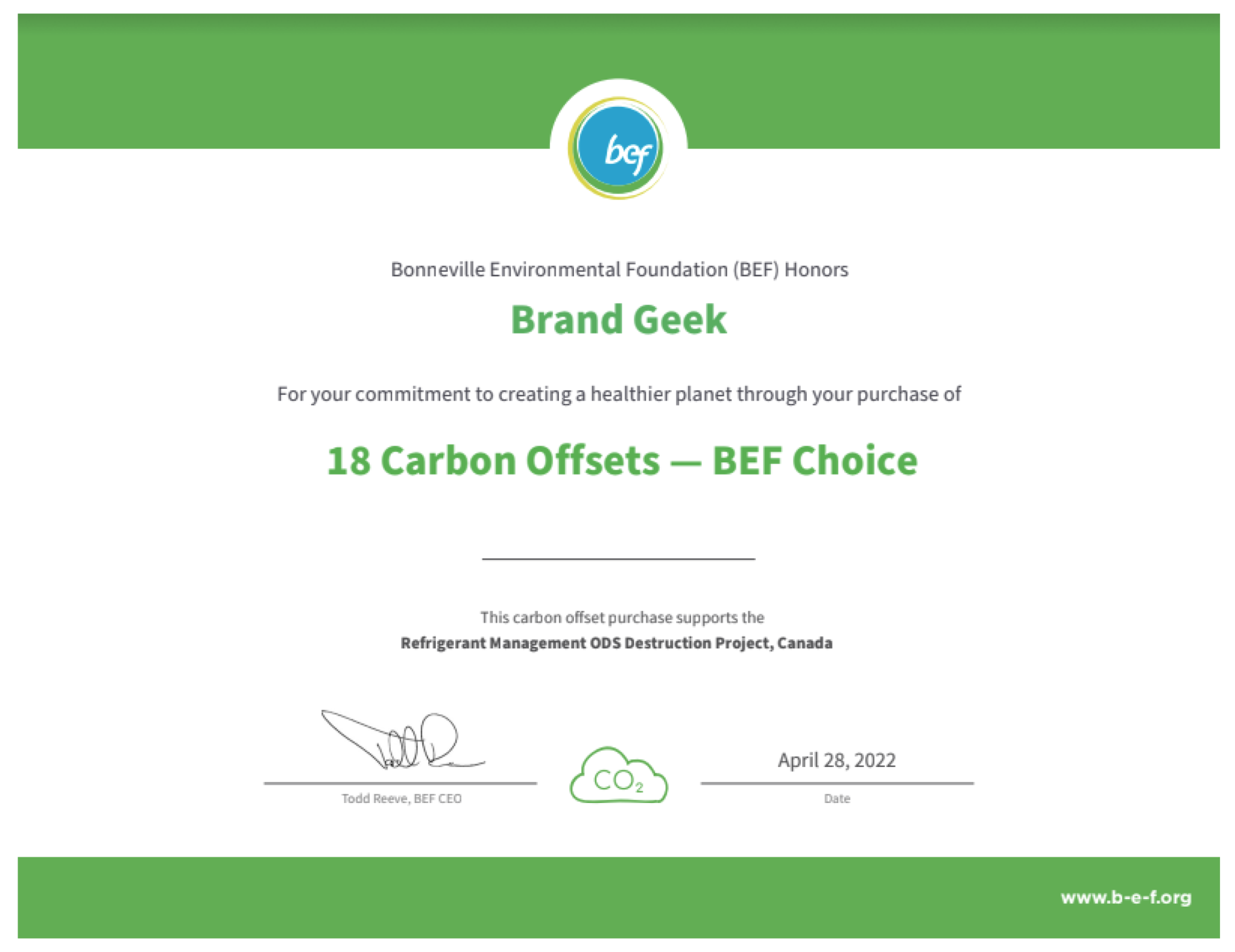Brandgeek proudly supports Mountain Area Preservation and is humbled to be…
Cheeseburger
After reading my post on Lamebook v. Facebook, Malika asked “What about something like Cheeseburger?”
I like Cheeseburgers. As far as using CHEESEBURGER as a trademark, that depends on the nature of the product or service on / in connection with which the term will be used. A CHEESEBURGER law firm, while ridiculous, would be a highly protectable, strong service mark. A CHEESEBURGER restaurant would not be. Trademarks have varying degrees of “strength,” which determines their level of protectablity.
Fanciful — marks that are completely made-up words, like GOOGLE or STARBUCKS
Arbitrary — marks that have no relationship to the services offered under them, like APPLE computers or SUN Microsystsems
Suggestive — marks that require some thought or imagination to determine what the product / service is, like MICROSOFT for microprocessing software
Descriptive — marks that describe a feature, purpose or characteristic of the product / service (not initially protectable as a mark, must show that the mark has acquired some brand recognition, or “secondary meaning,” like LEKTRONIC for electronic equipment
Marks that are arbitrary, fanciful or suggestive are considered “inherently distinctive,” which means that they acquire brand recognition and therefore trademark protection upon adoption. Inherently descriptive marks may be registered on the Principal Register. However, marks that are descriptive must acquire distinctiveness through use by the trademark owner. Descriptive marks cannot be registered on the Principal Register and instead must be registered on the Supplemental Register, which is like a waiting room for brands that are trying to acquire the brand recognition needed to obtain trademark protection. Many descriptive marks are presumed to have acquired distinctiveness after having been used exclusively and continuously for 5 years after registration is granted. If the mark is highly descriptive however, then the brand owner may have to prove acquired distinctiveness through evidence such as marketing budgets, brand exposure / recognition studies and third party declarations.
Sometimes trademark professionals lump Generic terms into the discussion of the strengths of trademarks, but since generic terms — the name of the type of object or service, like glasses or lawyers — are incapable of becoming a trademarks, I am including them below the discussion of trademark strengths.
So, the answer to “What about Cheeseburger?” is the answer to many legal questions: it depends. And as usual, with knowledge of more specific facts, the answer will become more definitive.





[…] may seem. In fact, it doesn’t make a lot of sense from a trademark legal perspective. The strength of a trademark depends in part on the relationship (or lack thereof) between the mark and the products/services […]
[…] Descriptive terms do not function as brands and are not protectable as trademarks, as I discuss here. By arguing descriptiveness instead of trademark infringement and/or dilution, the State of […]